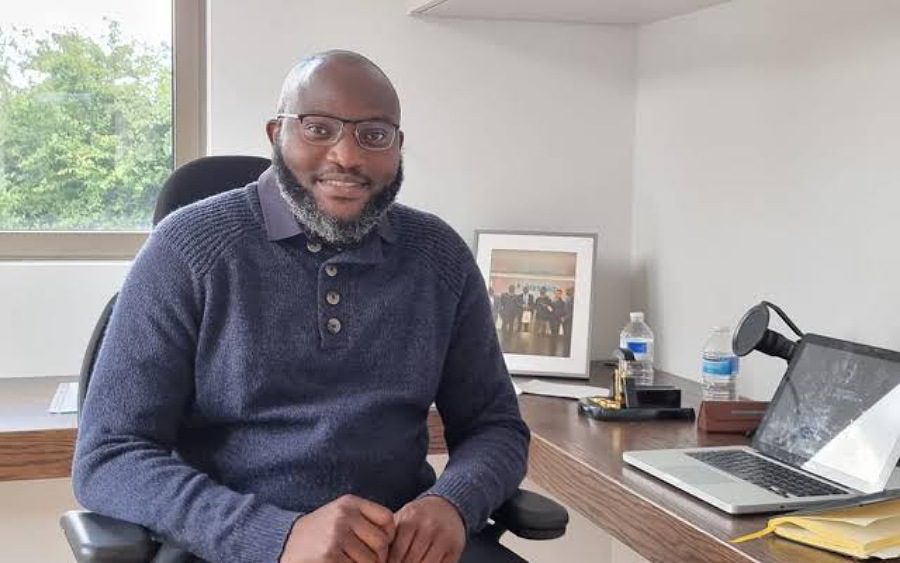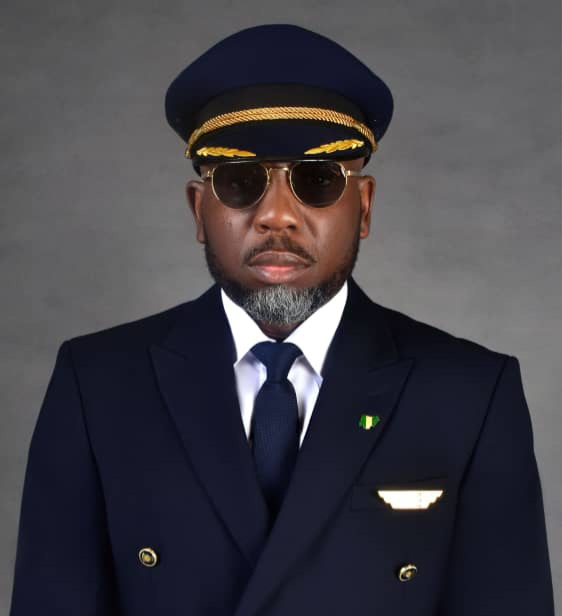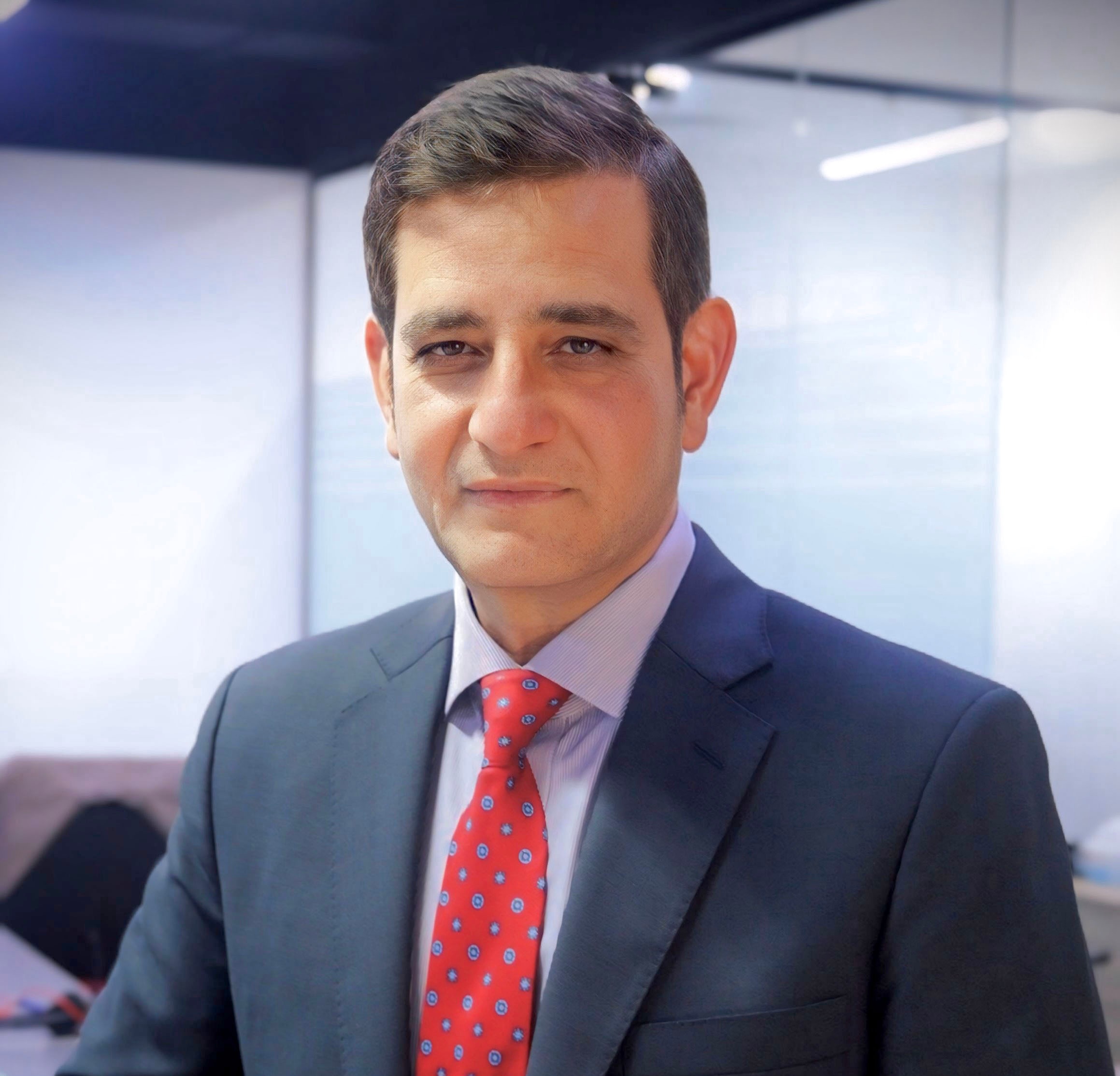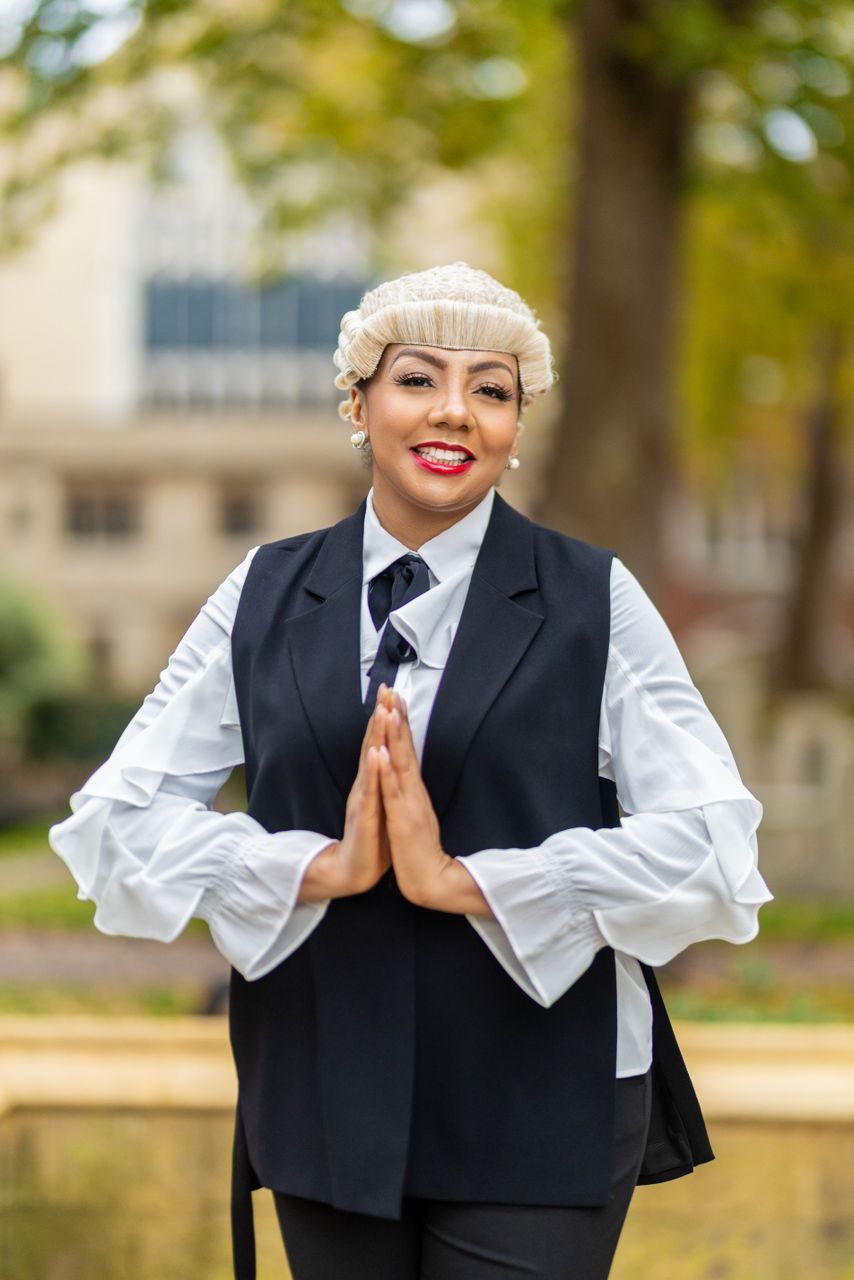By Eric Elezuo
Tingo Group is a company that reputes itself as innovative and beneficial. Their stock in trade revolves around agriculture, real estate and education.
Reports have said that it has humongous experience in human relationship and offers assistance to all categories of people, a quality stakeholders say has made it competitive in the industry.
The Founder, who recently stepped down as the CEO, Mr Dozy Mmobuosi, in this brief interview, laid bare everything that make the company thick, including the genesis and near-resolution of all challenges it has faced in recent times.
Excerpts:
Tell us about the Tingo Group journey and how you as a Nigerian built a company that is today listed on NASDAQ
Well, it’s a long story that is summarised in the event of Octover 19, 2021 when following a unanimous approval at a meeting of the Tingo Board of Directors on October 18, we submitted an application to list our shares on the NYSE. The application to the NYSE is part of the Company’s efforts to broaden our appeal to the U.S. and international investors. There was no difficulty in getting the application accepted as it satisfies the NYSE’s initial listing criteria.
It is worthy of note that I have dedicated the past 20 years, leading Tingo to become a highly profitable company that focuses on making a genuine impact to people in rural communities. My vision has always been to bring technology and opportunity to our customers through financial inclusion, poverty reduction and food security.
Our listing on the NYSE is an important step forward for Tingo. The NYSE is the premier exchange in the United States and one that will raise our profile to the broader investment community. The uplist will both increase liquidity in our shares, and ultimately create shareholder value in line with our international peer groups.
I am excited to announce expansion plans and partnerships that will further highlight our commitment to UN SDG’s which will deliver greater returns for our investors.
Tingo is playing a significant role in the agriculture value chain in Nigeria, tell us about your agricultural initiatives and how you have been impacting the lives of farmers in the country.
Ordinarily, Tingo is an Agri-Fintech company offering a comprehensive platform service through use of smartphones (using GSM technology) to empower a marketplace to enable subscribers/farmers within and outside of the agricultural sector to manage their commercial activities of growing and selling their production to market participants both domestically and internationally.
We recognize that ending poverty must go hand-in-hand with strategies that build economic growth and address a range of social needs including education, health, social protection, and job opportunities, while tackling climate change and environmental protection. As a result, we have adopted the United Nations Sustainable Development goals as guiding principles.
Our Agri-Fintech model has created a new impactful agri-based farming solution, which has a unique ecosystem has the potential to create jobs and uplift the income for millions of rural farmers in select markets, not only in Nigeria, but the entire African continent.
You recently stepped down temporarily as the CEO of Tingo; who is currently running the company and how does this affect the Nigerian operations?
We hired the best to run Nigeria and our Africa operations. Local knowledge has remained important in driving the ecosystem we have created. We have a seasoned accountant (Edwin Obasogie) who leads our Africawide strategy, Auwal Tahir, he runs our Nigeria operations,especially driving our collaboration with the All Farmers Association of Nigeria,Neha Meta,she runs Tingo Foods new initiatives (beverage lines and soon to be launched retain products) and Uzo Onunonu, she is driving our mass market focused fintech platforms. At the group level we have Ken Denos who is a lawyer, he will be supported by our Africa team,and I maintain that this is the only way to drive the business,and sustain all our initiatives.
Given the recent SEC charges against you and Tingo-affiliated companies, as well as the charges brought by the DOJ, how do you plan to move forward as an entrepreneur at home in Nigeria and abroad?
It is my opinion that there is no perfect company/organisation/entrepreneur out there in the world. I began my journey as an entrepreneur 23 years ago. And made an attempt to list our holding company in 2020, we experienced all sorts of blockades,and then I got introduced to Darren Mercer who was the CEO of MICT, Inc. I believed we shared the same vision-showcasing Africa and all disenfranchised people (Africa and Asia). We were to merge Africa and China, thus showcasing the best of both continents in terms of companies that believed in using local tech to uplift lives. We began the process of merging both companies,and that meant assembling the best professionals from all over the world. The merger was phased into 3, as I chat to you today that merger hasn’t been completed. I personally feel disappointed in the process thus far, all these allegations to my knowledge is designed to stop us from executing our strategy-ensuring food security and empowering smallholder farmers who are naturally disenfranchised. To be clear, I have not run the day to day operations of Tingo for 6years now,I only help provide product support/creating products,which I feel is where my strengths lie.
As an entrepreneur, I will prove my innocence via legal channels, and I encourage all farmer cooperatives that I supported via Tingo to speak out. I will remain an entrepreneur breaking grounds in the sectors I play in (healthcare, mining, energy, real estate and sports). The world has gone crazy, bad news sells and our so called experts who people rely upon for information have become so lazy. I invite everyone into our world, go and see what we have created. We have board members and former colleagues who are lazy, and can’t stand the heat they feel joining the rest of the lazy world to accept that I have done something wrong or misled the public…take your time to analyse what we have built. I will thrive as an entrepreneur anywhere. And I promise those that I have served (farmers) that I will not let them down.
As the founder of Tingo, what are you doing to reassure investors, employees, and the public about the stability and integrity of the company in light of these legal challenges?
A court in the US granted the SEC a TRO, I have respected that by stepping aside. But I will use every media available to me to encourage all stakeholders (employees, shareholders and partners) to keep believing, and to know that whatever it is that might have happened in Tingo would be uncovered, and as for me, I will provide every support possible to keep the vision alive. Tingo must thrive.
The SEC complaint alleges a multi-year scheme to inflate financial metrics. Can you provide your perspective on the nature of these allegations and explain any discrepancies in the financial statements?
They claim we had just $50 at a time, how have we sustained staff and projects?
I will stand by what I have said before. I will cooperate with investigators,and we shall get to the root of this. We always knew that we needed to improve our internal controls and governance. And had started working on all of that since the merger started. Just to be very clear again, this merger is still not complete. And I hope this isn’t a conspiracy to take the business away from us or to stop the merger. I want to point out that those who heard Darren Mercer talk about the Tingo story bought into it and those who heard me speak passionately must have also loved the story. I have never gone on any road show to raise capital anywhere as people claim in false statements. I challenge anyone anywhere in the world who says that I Dozy Mmobuosi raised money for Tingo, let that person speak publicly with proof. I will address all allegations through the legal system across various jurisdictions.
Tingo Mobile has been a notable player in the Nigerian market. How do you plan to maintain customer trust and loyalty amid the legal challenges and allegations raised by the SEC?
I know it’s a very difficult time for me my family, Tingo, our customers and shareholders. We have maintained best practices as far as customer relations goes, I encourage our customers to remain patient,and continue to see the merit and purity of our products. Evil will not win over good. And to our shareholders, I will fight for you all. I was waiting for the merger to complete before I started interacting with shareholders, was never in control from to w moment the merger started. We shall right this ship, no matter what.
The complaint mentions an injunction against selling or disposing of Agri-Fintech and/or Tingo Group stock. What impact do you anticipate this having on the operations of these companies?
The TRO is focused on me, not the company. But I see that vendors media and certain bodies are taking advantage of the situation to cheat the company. I advise the temporary group managers to respond via the legal framework across the territories we operate in. For instance, I saw a message circulating in Ghana coming from the owners of the property we lease in Ghana,asking Tingo to leave, despite Tingo not owing rent, this individual is going round calling the company a fraud when the company hasn’t defrauded anyone. I expect humans to be decent.
The charge mentions misrepresentations in public statements regarding Tingo’s business operations. Can you shed light on recent initiatives or achievements in Nigeria that you believe accurately reflect the company’s success?
Our works speak for us, speak with the All Farmers Association of Nigeria, and visit our offices. I also want to use this medium to let the world know that the food processing facility being built is not a Tingo project. It has been my ambition to build a food processing facility where foods from farms across Africa can be processed and value added. This project is being built on my family land and I am building with my resources, the banks I approached through my agents declined support, so I decided to build without support. You are invited to see how real it is.
Do you see your recent moves to buy Sheffield United as contributing to this continuing legal ordeal?
I hate to regret any move I make. I have more experience, that’s what I can say. When I did the bid for Sheffield United, all I had in mind was connecting a city as disenfranchised as Sheffield, and a company as disenfranchised as Tingo. I insisted on a confidentiality agreement to be signed, it was signed, but someone leaked my involvement. I deposited almost 9M GBP including helping the club pay its tax bills and wages, then the club qualified to the premier league. This story has not been told anywhere because it’s not a sexy story. A black man rescued the club. There are a few fans who know the true story. I respect the current owners of the club, and will continue to dialogue with them on pending issues. It is fine to disagree. But I am not going to let someone lose cos I must win. Human decency should prevail. I encourage the Western world to shun the superiority complex they have assumed. I will not say that all institutions are that way, for instance, the emergence of Rishi Sunak as the PM of Great Britain gave me hope, and also the emergence of the likes of James Cleverly as foreign secretary and now Home Secretary give me a lot of hope.
I am now busy fighting back and writing a book that tells my side of the story. I encourage my supporters out there to fight on.
Originally culled from Nairametrics


 Featured5 days ago
Featured5 days ago
 Featured5 days ago
Featured5 days ago
 Opinion5 days ago
Opinion5 days ago
 Headline4 days ago
Headline4 days ago
 Voice of Emancipation4 days ago
Voice of Emancipation4 days ago
 Headline4 days ago
Headline4 days ago
 Adding Value6 days ago
Adding Value6 days ago
 News4 days ago
News4 days ago




















